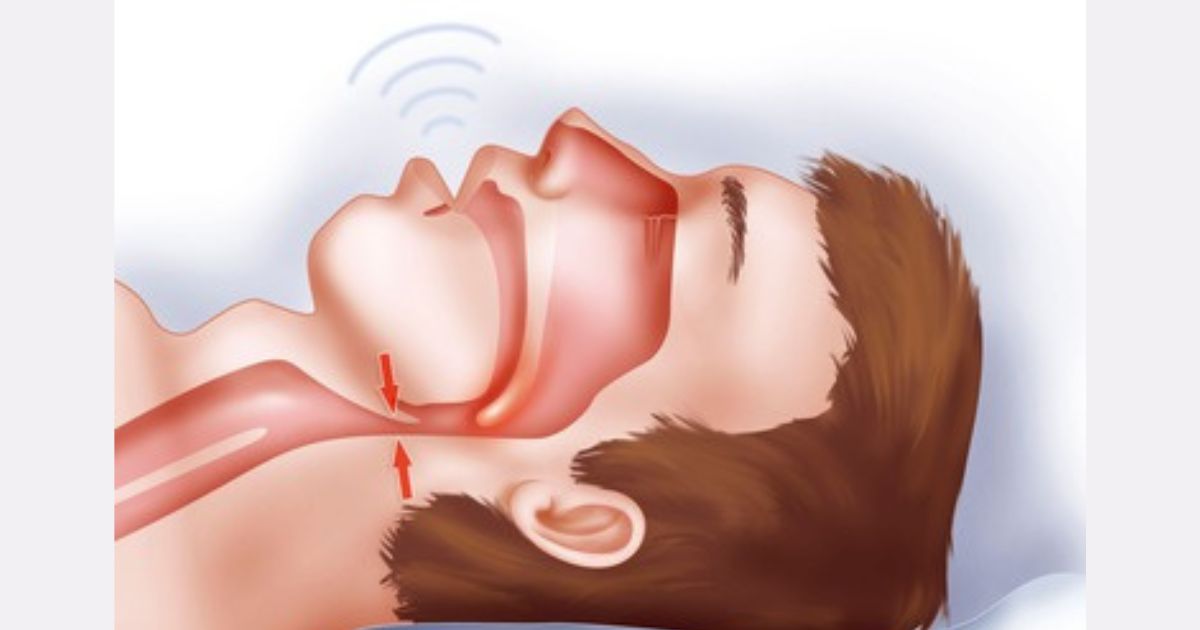In a recent study published in the Proceedings of the National Academy of Sciences, researchers shed light on a compelling connection between pregnancy and the aging process in women.
The study, led by Calen Ryan, an associate research scientist at the Columbia University Ageing Center, suggests that women who have experienced pregnancy may exhibit more signs of biological aging compared to those who haven’t. Intriguingly, the research also indicates that the aging process may accelerate with multiple pregnancies.
Ryan commented on the findings, stating, “We’re discovering that pregnancy leaves lasting effects on the body. While not all are negative, it appears to heighten the risk of certain diseases and overall mortality.”
Study To Understand The Aging Process in Women
The study delved into data from the Cebu Longitudinal Health and Nutrition Survey, focusing on 1,735 individuals in the Philippines aged between 20 and 22 in 2005.
Blood samples were collected and analyzed, with researchers scrutinizing participants’ reproductive histories and pregnancy experiences, alongside socioeconomic and pollution-related factors that might influence aging.
A subset of female participants from 2009 to 2014 underwent further analysis. Blood samples were examined for various biological indicators linked to aging, including epigenetic modifications in DNA. Epigenetic modifications, often referred to as “epigenetic clocks,” accumulate as cells mature, revealing which genes are activated or deactivated.
These markers offer insight into cellular biological age, reflecting the impact of factors such as stress and life experiences on cells, making them appear older or younger than their chronological age.
The study’s findings underscore the diverse experiences women undergo during pregnancy. While some may encounter minimal challenges, others may undergo profound mental and physical changes. The research suggests that these experiences may have long-lasting effects on the body’s aging process.
Dr. Maria Santos, a reproductive health expert not involved in the study, offered insight into the potential implications of these findings. She stated, “Understanding the relationship between pregnancy and aging is crucial for women’s health. It highlights the need for comprehensive care throughout the reproductive lifespan, addressing not only immediate pregnancy-related concerns but also long-term health outcomes.”
The study’s implications extend beyond individual health, raising broader questions about societal attitudes and support systems for pregnant individuals.
Dr. Santos emphasized the importance of societal recognition and support for the diverse experiences of pregnancy, stating, “We need policies and programs that acknowledge the physical and emotional toll of pregnancy, ensuring that women have access to the resources and support they need to navigate these challenges.”
Moving forward, researchers aim to further explore the mechanisms underlying the relationship between pregnancy and accelerated aging. By gaining a deeper understanding of these processes, they hope to develop interventions and strategies to support women’s health and well-being throughout their reproductive years and beyond.
In conclusion, the study’s findings provide valuable insights into the complex interplay between pregnancy and the aging process in women. By shedding light on this relationship, researchers aim to inform healthcare practices and policies, ultimately improving outcomes for women at every stage of life.








Leave a Reply
You must be logged in to post a comment.